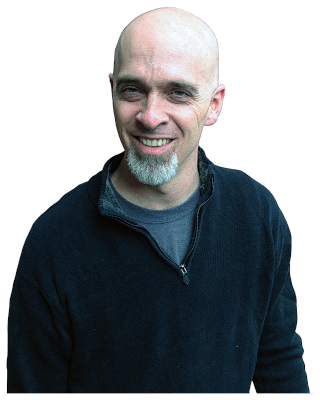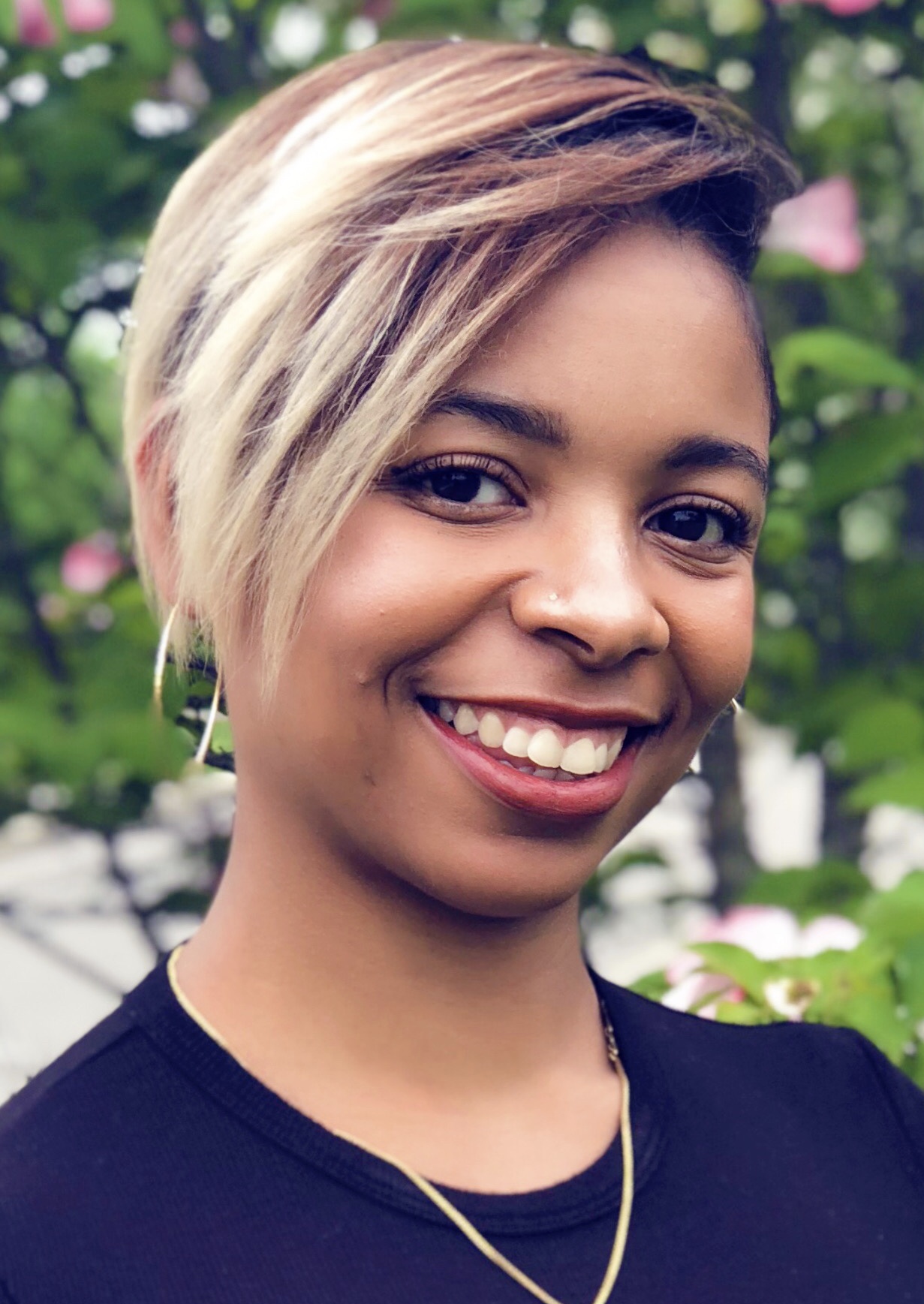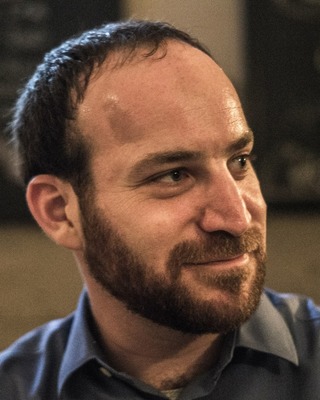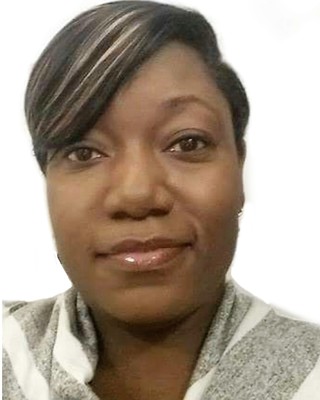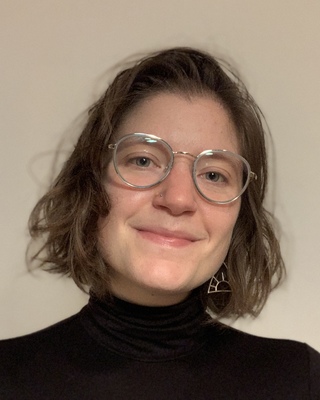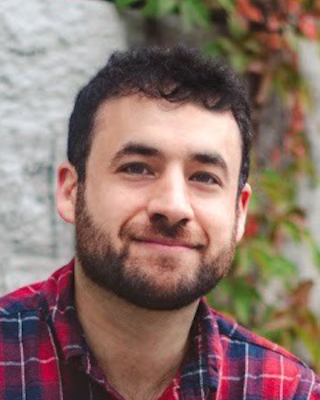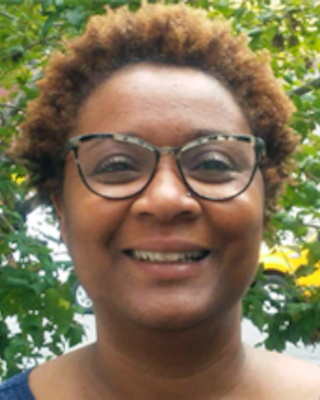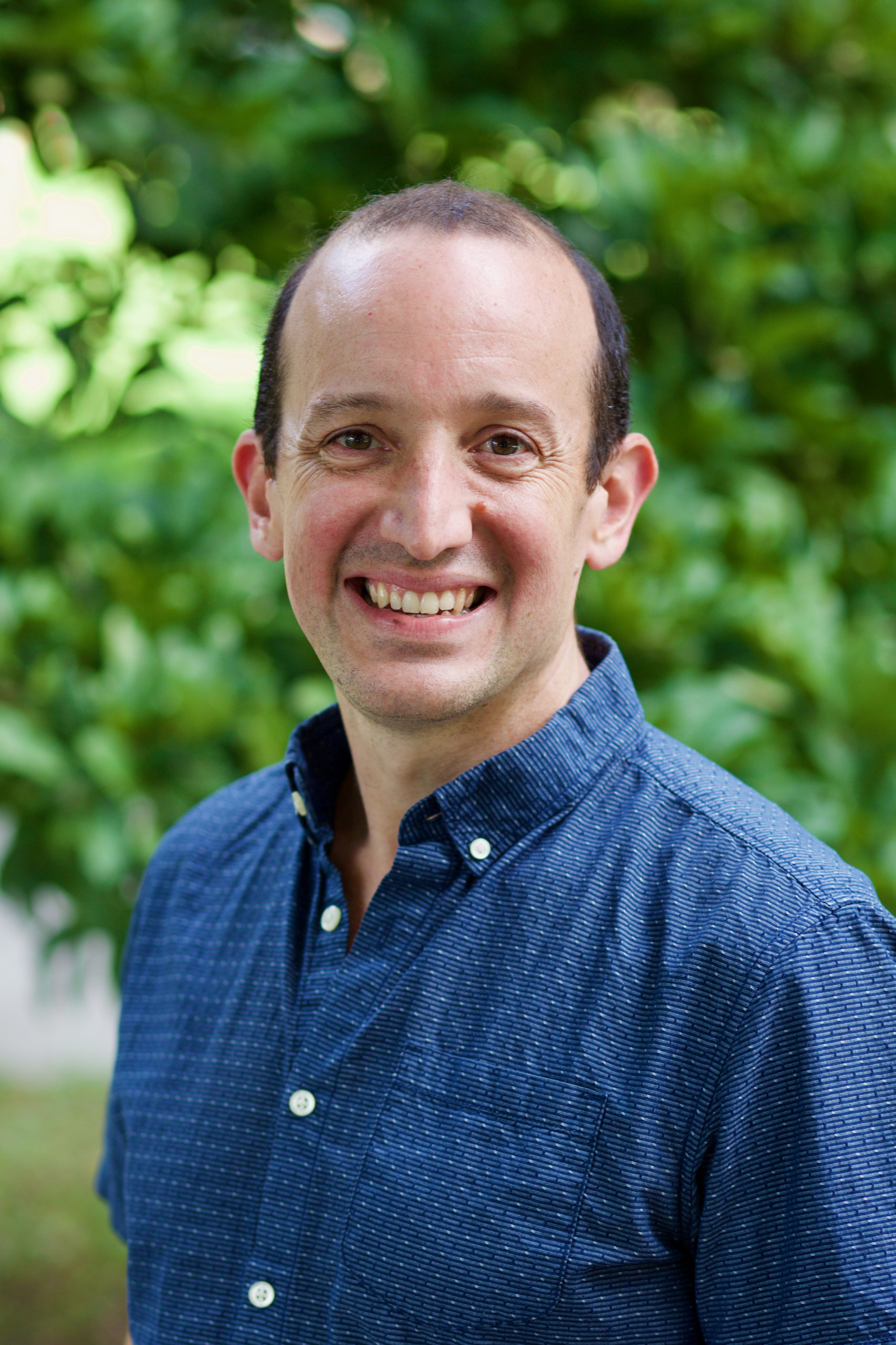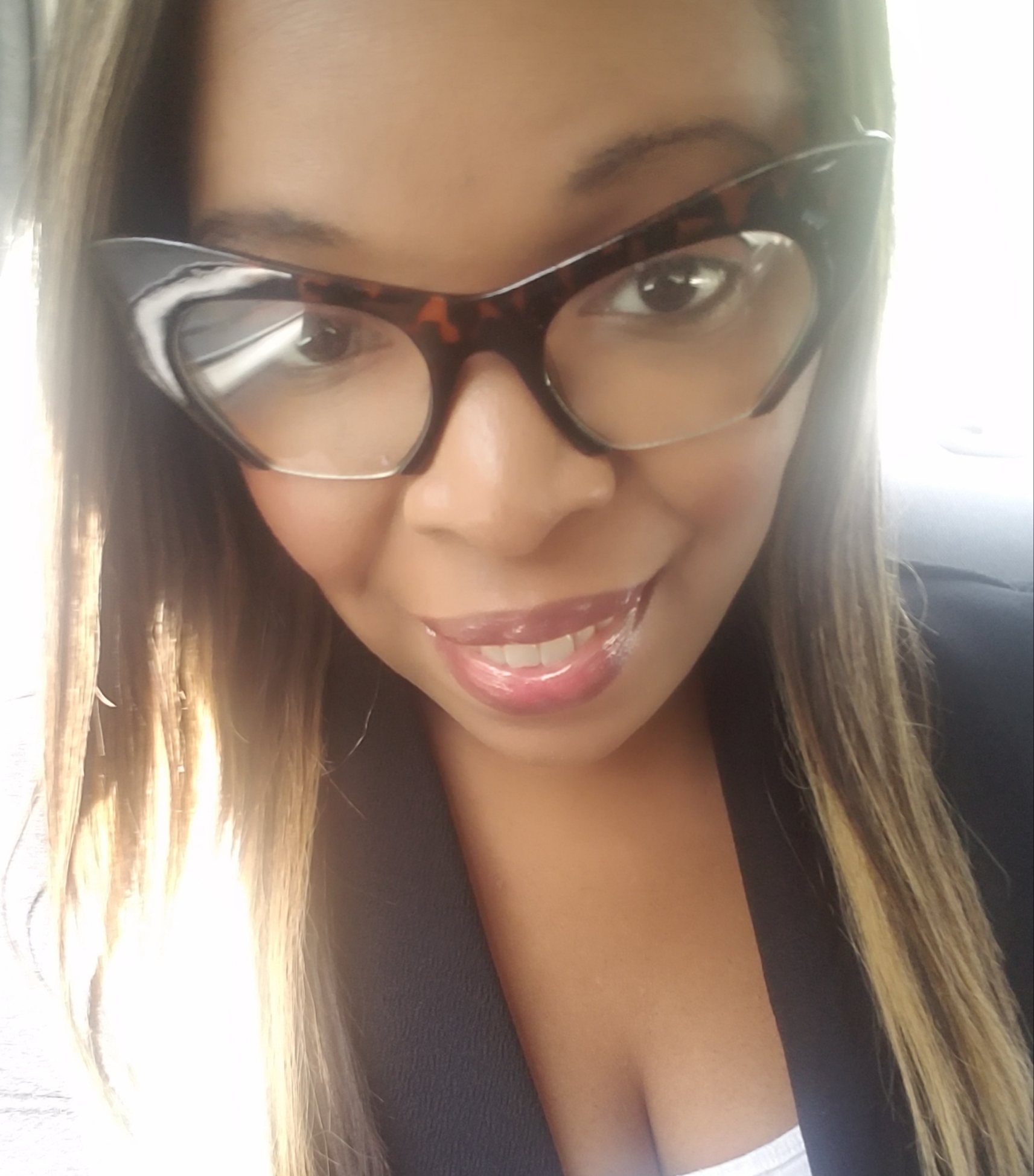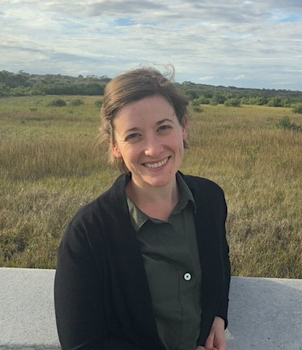Leadership
Tony Lapp, LCSW is executive director of Courdea. Recipient of the 2014 Powerful Partner Award from Women’s Way and the 2022 Advocacy Champion Award from Women Against Abuse, Tony is an experienced trainer, educator, writer and therapist. A member of the National Battering Intervention Programs Network and former coordinator of the Domestic Abuse and Battering Intervention Network of Pennsylvania, Tony collaborates with numerous projects in the Philadelphia area related to family violence, including Shared Safety, the IPV-Home Visiting Service Coordination Project, the Domestic Violence Law Enforcement Committee of Philadelphia and the Philadelphia Department of Human Services Domestic Violence Collaborative. Tony is a frequent guest on radio and podcasts, recently including WHYY’s Radio Times, the Fathering Circle Podcast and the When Dating Hurts Podcast.
As a therapist, I believe that psychotherapy is an art form that fuses creativity and knowledge to facilitate healing. I approach each client with a holistic lens. Bringing awareness to the mind and body connection, I coach my clients through mindfulness practices and provide them with tools to sustain lasting changes in their lives. Integrating this with my background in psychodynamic therapy, we will explore how early relationships and relational patterns are impacting current thoughts and behaviors. I enjoy using an eclectic method for each client based on their unique needs. When in therapy with me you can expect to discuss your views, beliefs, and experiences surrounding the social and cultural aspects of our lives since we are all influenced by the context of the world that we live in.
Clinical Staff
I strive to work as a partner in a process of discovery and growth. Through careful attention and deep mutual inquiry our work together can help you achieve greater confidence, inner freedom, and genuine happiness. I have helped people with mental illness and addiction and people going through a transition or a loss. My goal is to work with the needs of the individual as they arise. I strive to be a caring, patient guide and attentive participant in the unfolding journey of your life.
Dr. Cantor is a licensed clinical psychologist in Pennsylvania. He received his doctorate in clinical psychology from Long Island University in Brookville, NY. Dr. Cantor’s graduate research examined spiritual coping strategies used in the treatment of addiction and he maintains a strong interest in the incorporation of spiritual coping strategies in his clinical work. He completed his postdoctoral training at the Philadelphia School of Psychoanalysis and has training and experience in multiple theoretical models including psychoanalytic and cognitive behavioral interventions. Dr. Cantor’s current clinical work is focused the treatment of abusive partners, addiction and co-occurring disorders.
My theoretical orientations include person-centered therapy and cognitive behavior therapy (CBT), two theories that I use together to create a framework that includes empathy, and unconditional positive regard for the client, with an understanding that one’s emotions and behaviors are derived by one’s thoughts. I work with clients to challenge thoughts/distortions (cognitive errors) that impede their ability to function and work to replace those errors with realistic thoughts to reduce mood and behavioral disruptions. I employ a dynamic integrative style that emphasizes building a collaborative therapeutic alliance centered around measurable goals and treatment tasks specific to the needs of the client.
Areas of interest include: children, teens, women/men in relationships involving intimate partner violence (IPV), acute psychological distress during family law litigation, family group therapy, parent coaching, cultural competence education. The best client/clinician fit for me: Anyone who is open to change and motivated to challenge patterns that impede personal growth.
People seek therapy for so many reasons; whether you are navigating experiences of anxiety or depression, grieving losses, processing harm, or seeking a more meaningful connection with others or with yourself, I will meet you with warmth and curiosity. My approach is holistic and collaborative, and while informed by ongoing study of relational, psychodynamic, and attachment theories, is centered on your needs and desires in therapy. I work with clients throughout the lifespan, including youth with identity questions, disabilities, and diverse learning styles.
I am deeply interested in processes of rupture and repair, and welcome people who have experienced or have caused harm in relationships.
I aim to ground my practice in an antiracist, non-pathologizing framework that affirms the diverse experiences of gender identity, sexuality, and relationship structures. If you are curious about working together, I encourage you to reach out. I look forward to connecting with you.
As a clinician, my goal is to offer a client a welcoming space in which difficult thoughts, feelings, memories, and stories can be safely approached. In the face of these challenges, I believe there are always opportunities for healing, and I understand my role in the therapeutic process to be that of a collaborator in my clients’ efforts to become their best and healthiest selves. The world often seems to be filled with hardships, and my hope is to make this easier to navigate, by offering a therapeutic space characterized by warmth and clarity.
I have found inspiration in emotionally focused therapy and narrative therapy, as well as research done in the field of positive psychology. I find the diversity and complexity of relationships to be a deeply compelling topic, and I have a history of working with people whose romantic and/or family relationships have been complicated by interpersonal harm. I try to bring conscientious awareness of systemic structures of marginalization to all the work that I do.
Many of life’s ordeals feel isolating and overwhelming, and yet there are often experiences of peace and growth to be found in unexpected places. I invite you to look for them with me.
As you move along your journey and face many life transitions, taking care of aging parents can be challenging even when your relationship with them is healthy. Caregiving can still be exhausting and overwhelming to be responsible for their well-being, and when your relationship is damaged, caregiving can be even more difficult. In addition, in many cultures, the role of caregiver is expected of women, especially when your racial or ethnic identity expects you to care for everyone. Therefore, your identity and many emotions can open like a flood gate, having you question your complex identity while yearning for your autonomy.
A safe space to talk about challenges, emotions, and caregiver capacity supports your well-being. Taking care of yourself is essential, mainly when you are used to being the person everyone leans on. You deserve someone who can listen and help you process your experiences through caregiving, and death, and dying.
Caregiving is challenging, and you don’t have to go through it alone. So together, we’ll create a safe and calming space to understand your story and sit together while you journey through a vulnerable time. I can hear you without judgment, and you deserve to be heard and to feel grounded, supported, and inspired to remain present in your role as caregiver.
Therapy works when you feel genuinely seen and heard, and when we can build the trust to clearly imagine and move towards the ways you want yourself and your life to change. My approach to this work is warm, caring, and candid—and, above all, responsive to what you need. We might also laugh sometimes.
As an individual therapist I have experience treating anxiety, depression, shame and self-doubt, substance use, and family challenges. In couples counseling I can offer experience identifying and healing stubborn patterns of miscommunication and conflict that wear down openness and intimacy. I also work with those who have experienced grief and loss.
We are living through difficult times, and the past year and half has placed extreme pressure on individuals and relationships. Therapy can be a weekly practice of rediscovering that we are all capable of stability, growth, and joy.
Support Staff
As our Client Care & Administrative Assistant, Melinda is usually the first person potential clients and others speak to when they call. She provides information on Courdea’s services, answers questions about our programs, and guides new clients from a first call to a first session.
Consultants
Beth Stelson has collaborated with the Courdea team since 2015, first while managing survivor-focused IPV programming and now to build Courdea’s program evaluation infrastructure. This multi-pronged evaluation system is designed to identify what is working well and what can be improved from the perspective of clients, partners, and the Philadelphia health, social service, and legal community. Beth also supervises MPH practicum students working on the initiative. Beth received her MSW and MPH from the University of Pennsylvania and is a PhD Candidate at Harvard T.H. Chan School of Public Health.
Interns
Jackie Lane is a Program Evaluation intern at Courdea. Her primary responsibility is to administer a phone-based survey for partners of Courdea clients to better understand how Courdea’s treatment program affects them. She also assists with the development of a tool to evaluate the impact of the treatment program on outside organizations that refer clients and/or that clients interact with. Jackie is pursuing her Masters of Public Health degree at the University of Pennsylvania and works full time at the University of Pennsylvania as a Research Project Manager in the Penn Memory Center.

